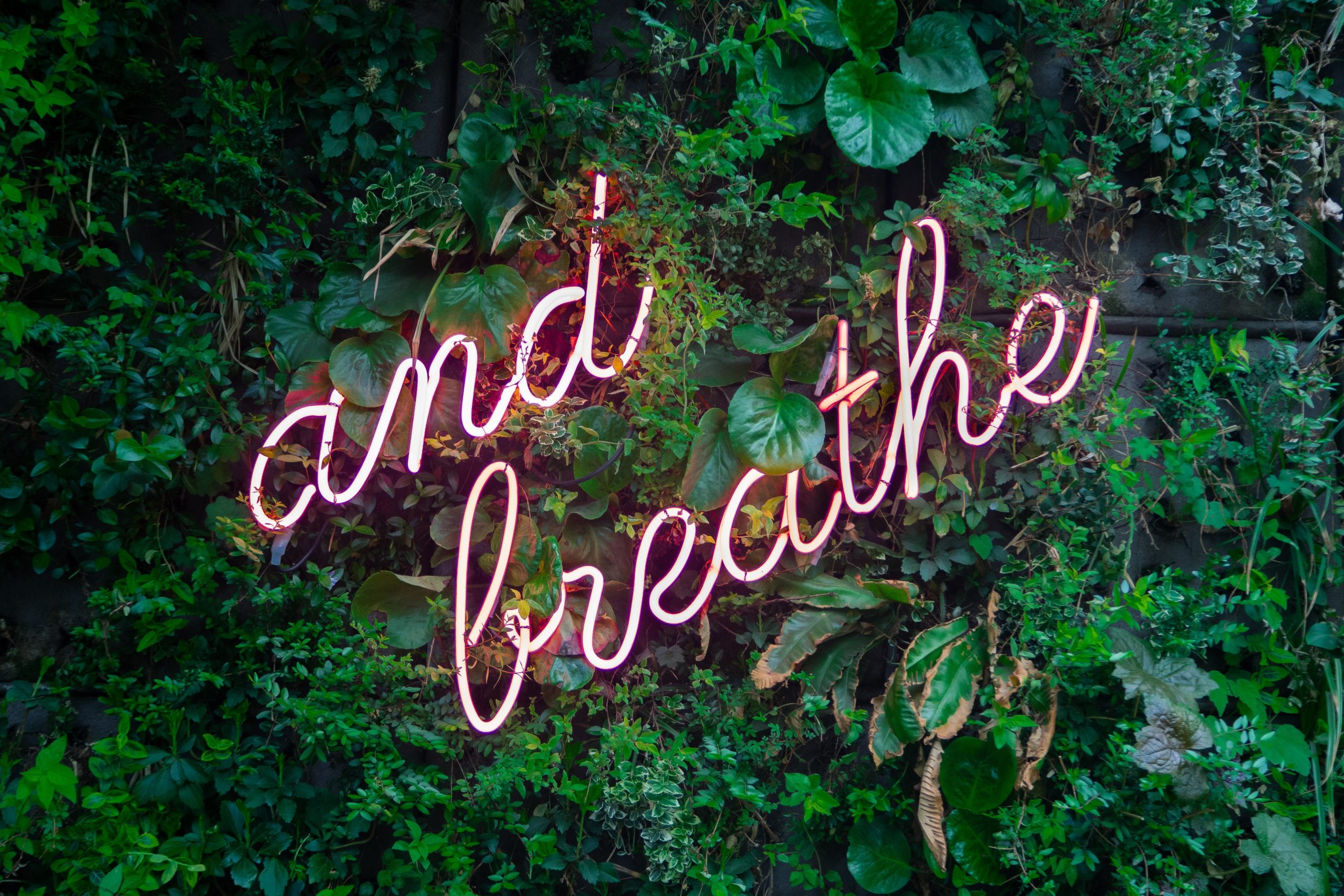
The coronavirus pandemic has officially disrupted everyday life. Almost everyone has been thrust into a new way of being. You might be feeling the effects in a number of ways — physically, emotionally, mentally, and financially.
In this period of extreme stress, most people’s usual coping strategies for self-care are not an option. Exercise classes are cancelled, social events postponed, meeting a friend for coffee is off the table for now. But there are still ways to lower anxiety and stress and it’s more important than ever to prioritize what keeps your mind and body healthy. This is a great opportunity to think outside the box about what can bring a smile to your face and calm your mind. Here are a few ideas to get you started…
1) Explore the world of online connections.
Even when life hasn’t been turned upside down, the internet can be a means to fulfilling your social needs. This fact has been taken to a whole new level since the implementation of mass social distancing. You can video chat with your friends or watch a live performance by your favorite artist. And if you feel like you’re struggling or just miss being able to go to conventional counseling, there are countless online therapy options. Sites like bigwhitewall.com and 7cups.com allow people to connect through peer-to-peer support networks moderated by mental health professionals. This is a challenging time that may spark difficult emotions like fear and grief, and keeping options like online therapy in your back pocket can help.
2) Practice mindfulness with social media.
Social media can be a friend and a foe. With so many options for connecting online, it’s important to be aware of your stress levels and make sure to take breaks when you need them. Social media is an amazing avenue for connection when practicing physical distancing. It can help you stay in touch with loved ones and the outside world. But social media as a source of information and accurate news is not always ideal. There are countless voices and opinions on these platforms but it’s often hard to discern what’s fact. Social media can be detrimental to mental health when it’s over-consumed and constant. Scrolling a vast wall of updates about the current pandemic may heighten your fight or flight response, which is harmful to your physical and mental health. Tuning out is important, especially in times when bad news is outweighing good news.
3) Find an activity for your body and mind.
Although self-care should be a priority, you don’t want your self-care routine to become overwhelming. Despite the stressful circumstances we are living through, the responsibilities of everyday life continue. Finding activities that nourish your body and mind at the same time can help simplify your self-care routine. Yoga, stretching, and long walks (if possible) are just a few examples. If you feel like your to-do list is too long with working remotely or caring for family, a 30-minute yoga practice or walk around the neighbourhood might be the right choice for you. Check the websites of exercise studios in your area to find out what online classes are available for you.
4) Indulge in comfort TV.
People love to re-watch their favourite sitcoms over and over again and there is actually some science behind why. Watching reruns of your favourite TV shows can be a relaxing escape during a stressful period. It’s an activity that doesn’t require emotional investment, or a sense of unknowing. Especially when we are being constantly bombarded with media messaging around COVID-19, watching a series on Netflix is a safe activity when you feel like you’re in need of a break.
5) Feed your soul.
With all the extra time at home, self-quarantine presents a great opportunity to think more consciously about what you cook and eat. What you eat impacts your mental health, so it’s a good idea to consider your choices when taking your weekly trip to the grocery store. Some foods that can help reduce stress and anxiety include those rich in omega-3 fatty acids, vitamin D, potassium, zinc and more. If you love to cook or bake, you can experiment with the ingredients. If cooking isn’t your thing, just remember these items when planning your weekly grocery list: pumpkin seeds, dark chocolate, and chamomile tea. These easy-to-prep foods can all support your mental health.
Even for the brave essential front-line workers heading to jobs every day, the call for social distancing means more time at home. Take this opportunity to slow down and think about what makes you happy and what calms your mind. Try different activities and explore new ways to communicate. You might even discover new and effective coping strategies that you’ll bring along when our world returns to “normal”. But until that time comes, remember to take care of yourself one day at a time.

